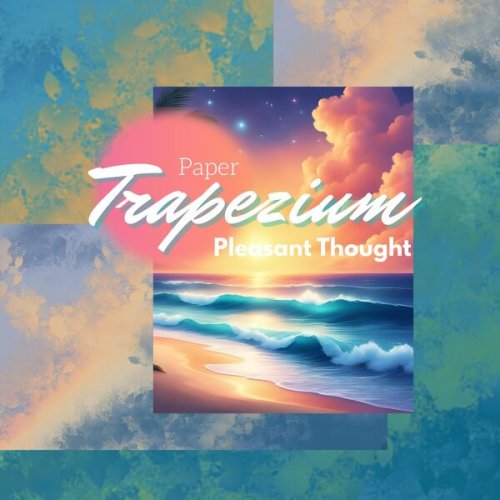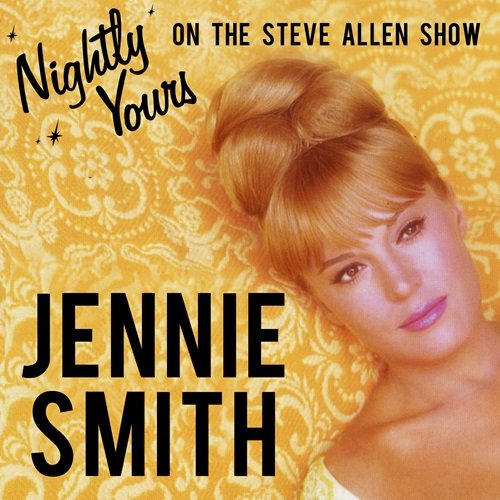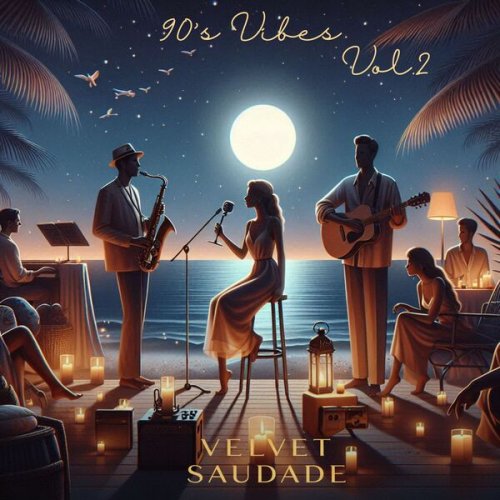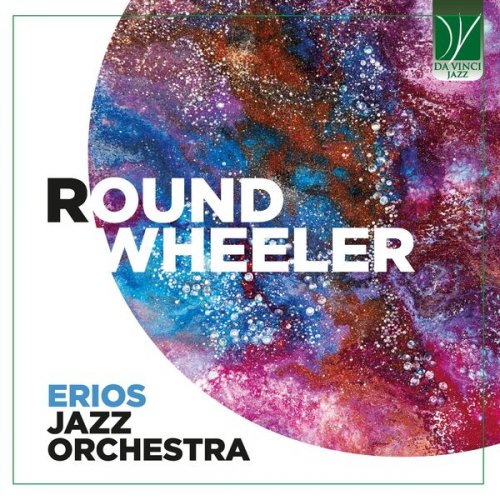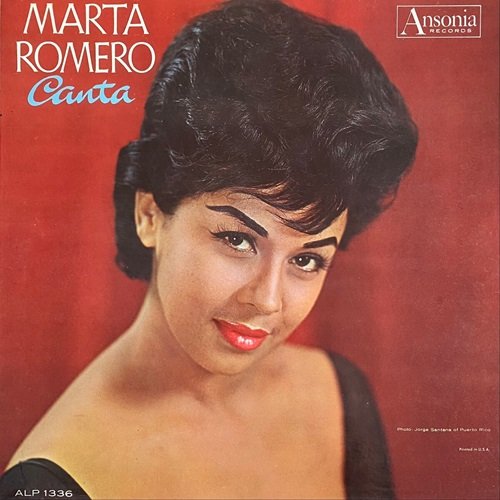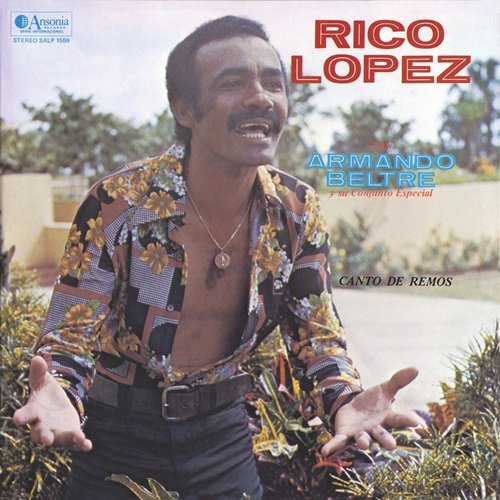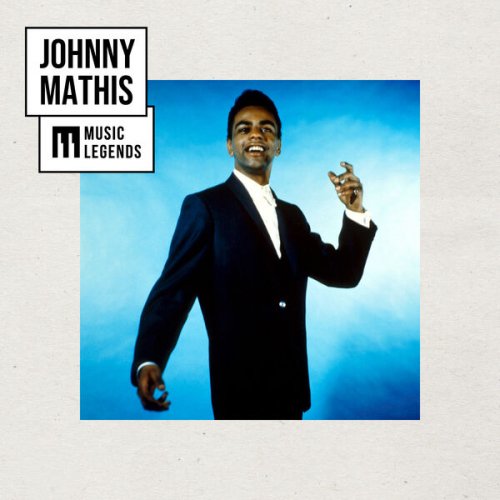Gong - Magick Brother (Limited Edition) (2001)
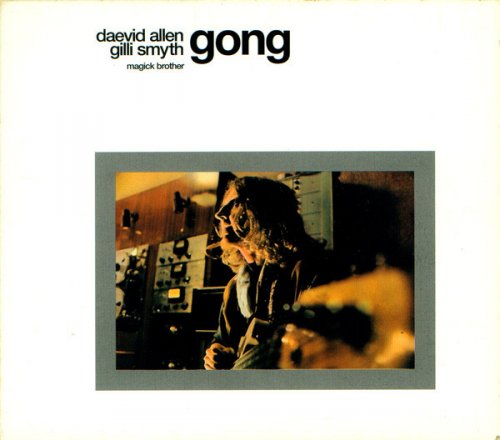
Artist: Gong
Title: Magick Brother
Year Of Release: 2001
Label: Victor Entertainment
Genre: Psychedelic Rock, Prog Rock
Quality: 320 / FLAC (tracks)
Total Time: 43:27
Total Size: 102 / 273 Mb
WebSite: Album Preview
Tracklist: Title: Magick Brother
Year Of Release: 2001
Label: Victor Entertainment
Genre: Psychedelic Rock, Prog Rock
Quality: 320 / FLAC (tracks)
Total Time: 43:27
Total Size: 102 / 273 Mb
WebSite: Album Preview
01. Mystic Sister (1:27)
02. Magick Brother (4:32)
03. Rational Anthemn (4:08)
04. Glad To Sad To Say (3:42)
05. Chainstore Chant (0:41)
06. Pretty Miss Titty (4:03)
07. Hope You Feel OK (4:24)
08. Ego (3:58)
09. Gongsong (4:09)
10. Princess Dreaming (2:55)
11. 5 & 20 Schoolgirls (4:27)
12. 'Cos You Got Green Hair (5:01)
When Daevid Allen's musical legacy will be reflected upon by magazines in the (hopefully) near future, it's safe to say that albums like Gong's humble debut Magick Brother won't be mentioned in the same sentence as the infamous Pot Head Pixie trilogy. Suffice to say, the man had been a poet of sorts even before co-founding The Soft Machine almost 50 years ago. Indeed, Magick Brother is the sort of album bands create when they just don't have any concrete musical ideas. All is forgiven however, because Allen thankfully went on to create more memorable progressive/psychedelic rock classics soon after Gong's debut record.
Looking at it from a songwriting aspect, Magick Brother didn't really have anything to do with the perpetual brainchild of Daevid Allen: Rather, it was more like the brainchild of Allen's (then) soulmate, Gilli Smyth, who actually wrote all songs. You can probably tell when listening to Magick Brother, because compared to the likes of Flying Teapot, Gong's debut record sounds completely different-as if there was already an identity crisis inherent in the band's songwriting process. Nonetheless, Magick Brother has its perks, but which are almost ruined by the nonsensical, sub-minute long instrumentals scattered throughout the album. The likes of the title track, "Glad to Sad to Say" and "Ego" are all staples of the (then) thriving Canterbury scene, songs which made hippies go gaga for the nearest spliff and who basically just wanted to cross dimensions. But Gong's debut album isn't so hollow or one-dimensional, because Daevid Allen's mostly vocal presence is about the most interesting thing on the record. For one thing, he seemed to be a real vocal virtuoso in his heyday, and although Magick Brother doesn't prove that (It wasn't until Camembert Electrique that this technique was fully realized), there are songs which demonstrate at least a little sign of this. The best songs demonstrating his vocal technique are "Hope You Feel OK" and "Gong Song", which are surprisingly helped by Allen's softer vocal melodies.
However, what brings the quality down from these few good songs is simply useless instrumentals and nonsensical ventures into psychadelic/acid rock territory. Matter of fact, the worst songs on Gong's debut album aren't even rock. Or music. They're just, for want of a better word, there. "Mystic Sister" is a mere minute of Gilli Smyth giggling on LSD (probably), "Chainstore Chant" is Smyth and Allen having an even more confusing drug-induced giggle and the three-minute "Princess Dreaming", although it almost sounds like it could have been a conventional psychedelic pop song by the end, messes about with the flute and saxophone too much. What all this amounts to is a rather strange collection of material, as if being mere B-sides from each member of the band's earlier musical incarnations.
This is precisely why Magick Brother is nothing more than humble beginnings for Gong. Sure, at its best, it represented a new era of music for Allen himself, who had washed his hands of Soft Machine less than a year prior to the debut album's release. And of course, Smyth's influence on the songwriting process was somewhat handy. Yet in general, it's an ultimately forgettable record, and it wouldn't be until Camembert Electrique where Gong as a band would begin to stretch their influences and ideas to create actual memorable and enjoyable music. Magick Brother was probably meant to show the world Daevid Allen/Gilli Smyth's musical gusto, but certainly didn't end up sounding like that.
Looking at it from a songwriting aspect, Magick Brother didn't really have anything to do with the perpetual brainchild of Daevid Allen: Rather, it was more like the brainchild of Allen's (then) soulmate, Gilli Smyth, who actually wrote all songs. You can probably tell when listening to Magick Brother, because compared to the likes of Flying Teapot, Gong's debut record sounds completely different-as if there was already an identity crisis inherent in the band's songwriting process. Nonetheless, Magick Brother has its perks, but which are almost ruined by the nonsensical, sub-minute long instrumentals scattered throughout the album. The likes of the title track, "Glad to Sad to Say" and "Ego" are all staples of the (then) thriving Canterbury scene, songs which made hippies go gaga for the nearest spliff and who basically just wanted to cross dimensions. But Gong's debut album isn't so hollow or one-dimensional, because Daevid Allen's mostly vocal presence is about the most interesting thing on the record. For one thing, he seemed to be a real vocal virtuoso in his heyday, and although Magick Brother doesn't prove that (It wasn't until Camembert Electrique that this technique was fully realized), there are songs which demonstrate at least a little sign of this. The best songs demonstrating his vocal technique are "Hope You Feel OK" and "Gong Song", which are surprisingly helped by Allen's softer vocal melodies.
However, what brings the quality down from these few good songs is simply useless instrumentals and nonsensical ventures into psychadelic/acid rock territory. Matter of fact, the worst songs on Gong's debut album aren't even rock. Or music. They're just, for want of a better word, there. "Mystic Sister" is a mere minute of Gilli Smyth giggling on LSD (probably), "Chainstore Chant" is Smyth and Allen having an even more confusing drug-induced giggle and the three-minute "Princess Dreaming", although it almost sounds like it could have been a conventional psychedelic pop song by the end, messes about with the flute and saxophone too much. What all this amounts to is a rather strange collection of material, as if being mere B-sides from each member of the band's earlier musical incarnations.
This is precisely why Magick Brother is nothing more than humble beginnings for Gong. Sure, at its best, it represented a new era of music for Allen himself, who had washed his hands of Soft Machine less than a year prior to the debut album's release. And of course, Smyth's influence on the songwriting process was somewhat handy. Yet in general, it's an ultimately forgettable record, and it wouldn't be until Camembert Electrique where Gong as a band would begin to stretch their influences and ideas to create actual memorable and enjoyable music. Magick Brother was probably meant to show the world Daevid Allen/Gilli Smyth's musical gusto, but certainly didn't end up sounding like that.
